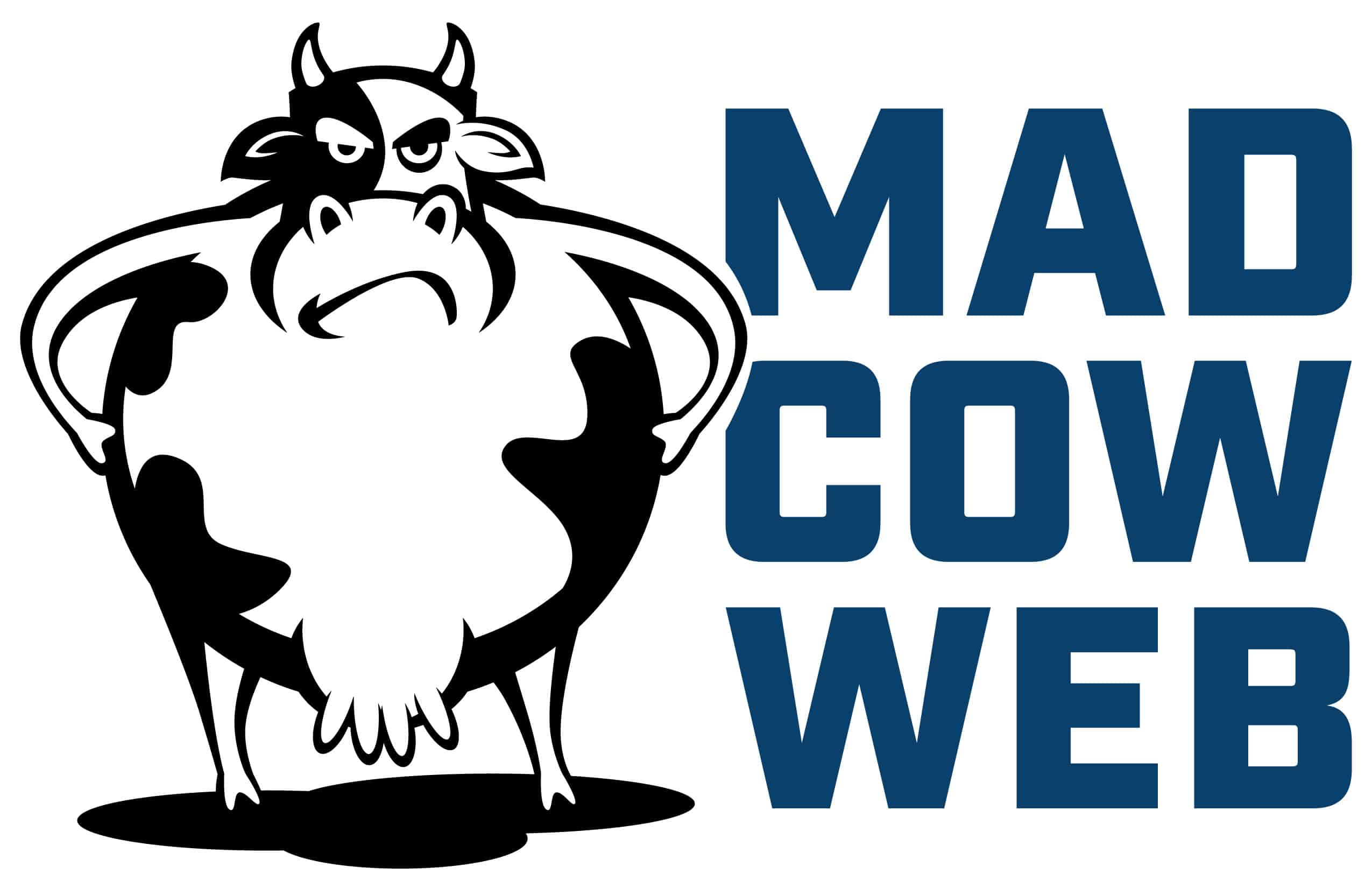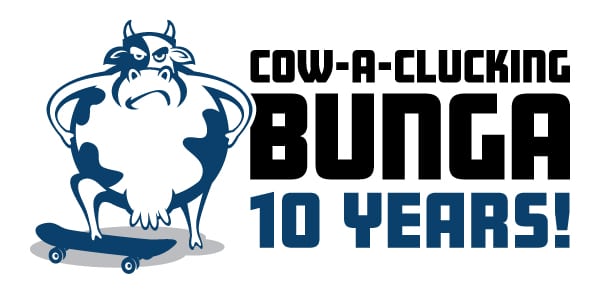 Here’s hoping your 4th of July was explosive! I read, this morning, that the Fort Collins police received 200 complaints about fireworks over the weekend. This tells me 2 things. First, I still don’t understand why fireworks are illegal. Yes, they can be dangerous but so is a car, motorcycle, bicycle, big wheel and slip n’ slide. Darwin will take care of weeding out the folks that shouldn’t be playing with these things. Secondly, people (yes, those of you who took time out of your day to pester the police about a little firecracker going off within earshot) need to find better things to do with their time. Seriously.
Here’s hoping your 4th of July was explosive! I read, this morning, that the Fort Collins police received 200 complaints about fireworks over the weekend. This tells me 2 things. First, I still don’t understand why fireworks are illegal. Yes, they can be dangerous but so is a car, motorcycle, bicycle, big wheel and slip n’ slide. Darwin will take care of weeding out the folks that shouldn’t be playing with these things. Secondly, people (yes, those of you who took time out of your day to pester the police about a little firecracker going off within earshot) need to find better things to do with their time. Seriously.
I saw, on Facebook, the posts about being respectful to combat veterans when it comes to setting off fireworks. I think this is awesome. It never would have crossed my mind and I consider myself to be a fairly considerate person. Here’s hoping we can continue to champion THIS kind of communication and neighborly respect, and stop the useless whining of folks because they happened to notice someone was breaking (or bending) a law. These folks need to find a hobby!
But enough about things blowing up and providing a few minutes of entertainment, let’s talk about something that will give your business more than a few minutes of exposure and will only TAKE a few minutes of your time. We’re talking about one of the more important parts of the SEO process, and frankly one of the more challenging: Choosing the best keyword phrases to target. In the world of SEO, we call these “commercially valuable” phrases. Keyword phrases that have value to your business and your website.
There are dozens of tools out there to help with this process and we’ll talk about some, but I mostly want to talk about the process. In general, you want to choose the phrases for which that the highest number of people are searching for and the fewest number of businesses are competing. I would encourage you to read that sentence again and get it stuck in your brain. Although conceptually it seems simple and basic, it will continue to be important and will come in handy later.
The first tool we use is called the “Google Keyword Planner”. No, it is not the be-all-end-all tool, but it is free and fairly valuable. You can put your website in this tool and Google will spit out a few keywords (phrases) that they feel you should be going after. Basically this tool “scrapes” your webpage and derives from that the topics that your page is about. **Notice that I am saying “page” not “site”. This specific feature will only look at a single page on your site. Be sure you choose the page that most represents your business.
You can also just enter a list of keyword phrases that you think you want to go after and the tool will not only rank THOSE phrases, but will give you a whole list of other phrases to review. I typically end up with a couple hundred (or thousand) phrases from which to choose.
The data that you get from Google includes two main details.
1. The number of people who search for that phrase in a given month.
2. The amount of competition there is currently for that phrase.
For example, the phrase “Fort Collins web design” has an average of 170 people searching for it every month and has “high” competition. The “high” competition is a representation of the number of companies spending money on Google adwords at this current time. If there are lots of companies buying Google adwords for marketing, the competition for that phrase is going to be high.
One of the biggest mistakes we see companies making is targeting phrases, for their company, that have no “commercial value”. For example:
Even though I consider myself to be a “web developer”, that phrase is truly only meaningful at Wordcamp and a few local wordpress developer meetup groups. A CONSUMER searching for a new website is going to use the more ubiquitous phrase “web design” since that phrase has been around since the 90’s.
“Fort Collins web development” has 20 searches per month and “Fort Collins web developer” doesn’t have enough searches to even register on the radar for Google. The end result is to trust the data and focus on those phrases that will get you the most traffic for your efforts.
The secret is finding the sweet spot in the middle and looking for those “commercially valuable” phrases with the highest number of searches per month and the least amount of competition. This is a process of trial and error. This involves getting as many (literally hundreds) of keyword phrases together and ranking them based on the above criteria. Even though you “think” that “xyz” phrase is the best thing for your company, the real data provided by Google’s research might prove you wrong.
I mentioned earlier that I can often come up with hundreds and thousands of phrases during this exercise (with the help of the planner tool). The reason for this is I like to exploit every possible iteration of a phrase. For example, when doing research for the above mentioned phrases, I used:
- Fort Collins
- Fort Collins CO
- Fort Collins Colorado
- Ft Collins
- Ft Collins CO
- Ft Collins Colorado
This rather tedious step helps to ensure that I’m not going to miss some phrase that folks are using to look for a service that my company offers. According to Google (and the other search engines), each of those phrases above are individual in their popularity and value. The same is true of the order of the words in the phrase. “Fort Collins web design” is NOT the same as “web design Fort Collins”. Both of those phrases will trigger different results in your research.
This is a service that is provided by Ridgeview Technology. Developing, evaluating and re-evaluating our target phrases to be sure we are going after the most commercially valuable phrases that serve your business and capture the most number of searchERs is a service provided by Ridgeview Technology. Feel free to contact Jason at Ridgeview and see how this research can help your business attract more traffic.

